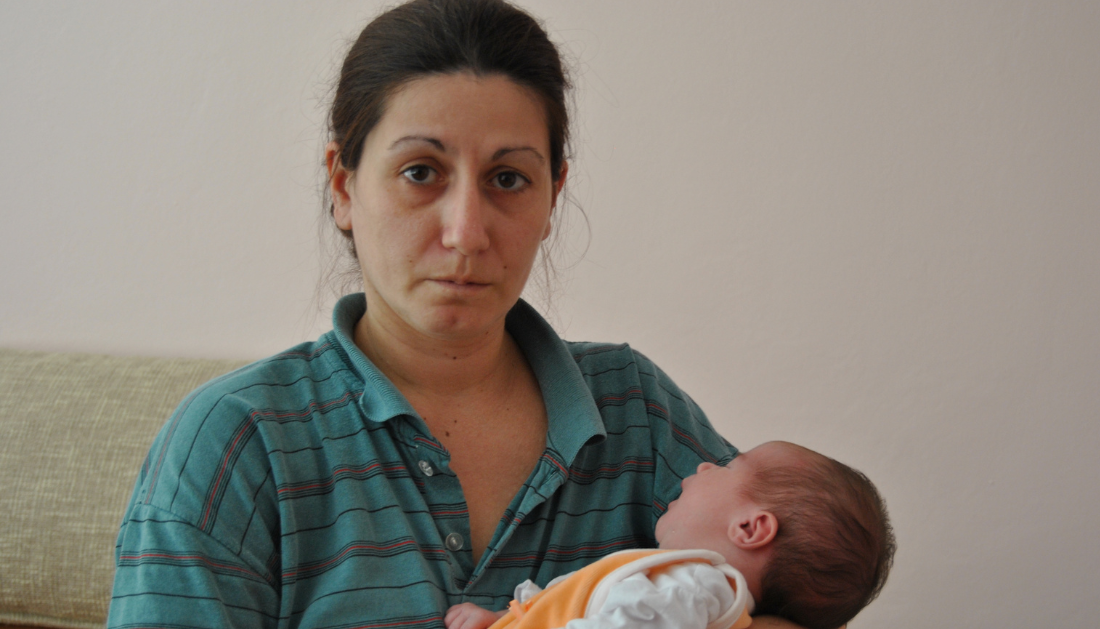

A study by the University of the Basque Country (UPV/EHU) has shed light on the health impacts of unplanned pregnancy. Using a unique longitudinal approach, researchers analyzed pre- and postnatal data to reveal how unintended pregnancies affect women’s physical and mental well-being, providing more accurate insights than traditional studies.
Examining data from over 11,500 pregnant women in France, the study found that 20% experienced unplanned pregnancies. While health declines after childbirth are common, the research showed these declines were significantly sharper in cases of unintended pregnancy. Younger women, particularly those under 30, faced greater short-term health challenges, likely due to factors like unstable jobs or ongoing education. However, their stronger initial health often led to quicker recovery compared to older mothers.
The research also differentiated between unwanted pregnancies and those occurring earlier than planned. Unplanned pregnancy, where women had no desire to conceive, were associated with more severe health impacts. This distinction offered a deeper understanding of how pregnancy intentions shape maternal outcomes.
Contrary to expectations, the study found no significant increase in postpartum depression among women with unplanned pregnancies. Although these women showed higher vulnerability to psychological stress before childbirth, their mental health after delivery was comparable to mothers with planned pregnancies.
What sets this study apart is its longitudinal design, which tracked participants’ health over time rather than relying solely on retrospective surveys. This approach provided clearer links between unplanned pregnancy and health outcomes, minimizing the influence of external factors like socioeconomic conditions.
“This research highlights how the planning behind a pregnancy influences women’s health, helping us better understand their challenges,” noted lead researcher Anna Barbuscia.
The findings underscore the need for tailored support for pregnant women, particularly younger mothers or those with unwanted pregnancies, to mitigate health risks and promote long-term well-being.
Read more: Anna Barbuscia, Ariane Pailhé, Anne Solaz Unplanned births and their effects on maternal Health: Findings from the Constances Cohort Social Science & Medicine DOI: 10.1016/j.socscimed.2024.117350
more recommended stories
 Red Blood Cells Improve Glucose Tolerance Under Hypoxia
Red Blood Cells Improve Glucose Tolerance Under HypoxiaKey Takeaways for Clinicians Chronic hypoxia.
 Nanoplastics in Brain Tissue and Neurological Risk
Nanoplastics in Brain Tissue and Neurological RiskKey Takeaways for HCPs Nanoplastics are.
 AI Predicts Chronic GVHD Risk After Stem Cell Transplant
AI Predicts Chronic GVHD Risk After Stem Cell TransplantKey Takeaways A new AI-driven tool,.
 Red Meat Consumption Linked to Higher Diabetes Odds
Red Meat Consumption Linked to Higher Diabetes OddsKey Takeaways Higher intake of total,.
 Pediatric Crohn’s Disease Microbial Signature Identified
Pediatric Crohn’s Disease Microbial Signature IdentifiedKey Points at a Glance NYU.
 Nanovaccine Design Boosts Immune Attack on HPV Tumors
Nanovaccine Design Boosts Immune Attack on HPV TumorsKey Highlights Reconfiguring peptide orientation significantly.
 High-Fat Diets Cause Damage to Metabolic Health
High-Fat Diets Cause Damage to Metabolic HealthKey Points Takeaways High-fat and ketogenic.
 Acute Ischemic Stroke: New Evidence for Neuroprotection
Acute Ischemic Stroke: New Evidence for NeuroprotectionKey Highlights A Phase III clinical.
 Statins Rarely Cause Side Effects, Large Trials Show
Statins Rarely Cause Side Effects, Large Trials ShowKey Points at a Glance Large.
 Anxiety Reduction and Emotional Support on Social Media
Anxiety Reduction and Emotional Support on Social MediaKey Summary Anxiety commonly begins in.

Leave a Comment